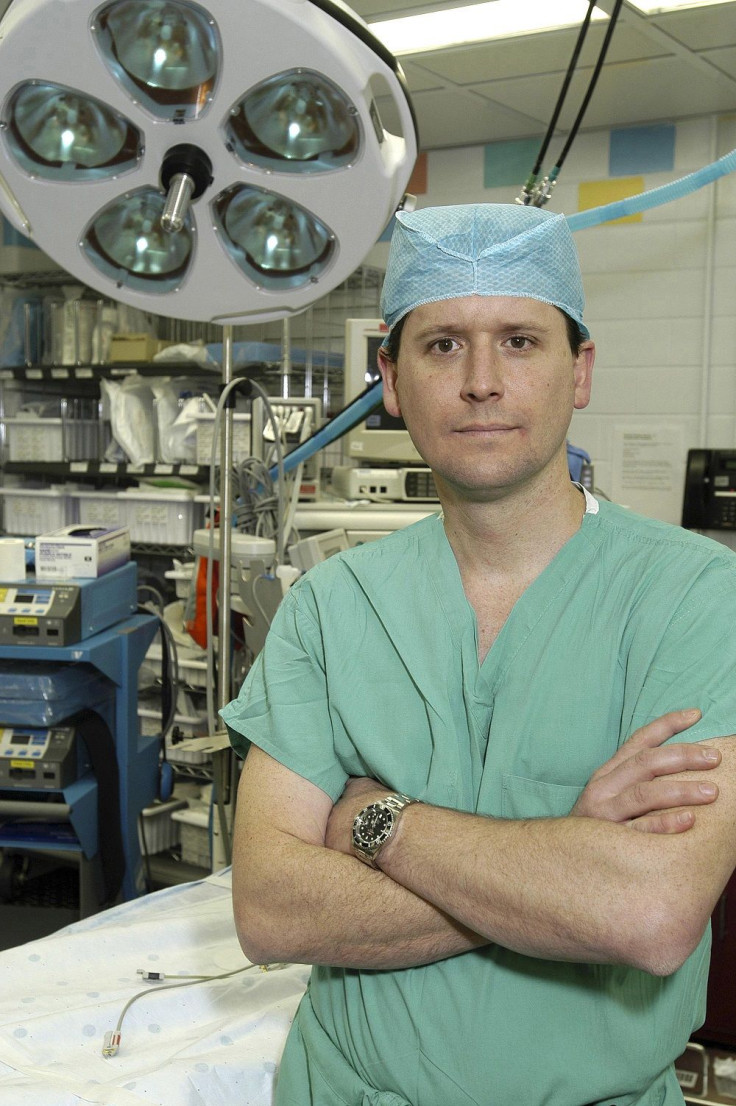John Hopkins University needs to overcome stigma surrounding genital donation
Surgeons still searching for potential organ donor for first penis transplant in the US

Over 1,000 American soldiers whose private parts are the collateral damage of the US participation in the Afghan and Iraqi wars would benefit from the success of the planned first penis transplant in the country. However, while the technology may be available, John Hopkins University first needs to overcome a hurdle that is common in the issue of organ donation.
Organ shortage is a reality that the American Transplant Foundation faces. Over 125,000 people in the US are on the waitlist for various organs, but there are only over 6,000 living donations each year. However, living donation only works for certain body parts that often come in pair such as the eyes and kidney.
But it the case of the male genital, it needs to come from a dead donor “of the right age and skin color and permission of their next of kin.” Finding that donor is one vital aspect that the John Hopkins University – which would perform the first penis transplant in the US in the coming weeks – has to hurdle.
The bigger one is finding an adequate supply of donors because of the potential stigma expected to surround penis donation. The possibility that the penis of dead male relatives may be harvested for transplant could discourage future organ donors from signing up with organ registries, reports The Washington Post.
The university has actually selected the first soldier who would make medical history in the US. He is a veteran who lost most of his genital in a blast overseas, one of the 60 who are waiting for the procedure to take place … and donors willing to share their manhood with them. The 60 are among the 1,367 military servicemen with genital injuries which happened between 2011 and 2013 in the two Middle Eastern war zone, according to Pentagon’s Trauma Registry.
The technology is there because South African surgeons have made medical history in December 2014 when they transplanted a penis on a 21-year-old man from the Xhose ethnic group who was the victim of a botched adult circumcision rite. The man, in June 2015, got his girlfriend pregnant, confirming the success of the procedure not only in restoring the urinary function of the man but also his reproductive function.
Such is the aim of John Hopkins, if only more relatives would be open to the idea of male genital donation after the death of their loved one, and hopefully help in creating another human life.





















